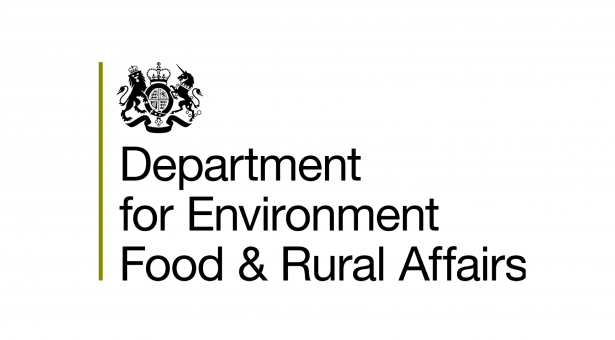
We are pleased that the Genetic Technology (Precision Breeding) Act passes into law today, receiving Royal Assent from the King. This Act will enable the development and marketing of gene edited crops in England and is a major step towards modernising our crop breeding.
A growing world population requires an ever-increasing volume of food to sustain it, and we must provide this food without further harming our environment. By enabling us to apply innovative research and cutting-edge science, we can provide solutions to the challenges of food security and climate change nationally and globally.
The Act means that our world-leading research and innovation can be used to enhance our crop breeding options to safely and more quickly develop crops and foods that are healthier, better for the environment and more resilient to climate change.
Defra's Chief Scientific Adviser Gideon Henderson said:
"This is an important time for agricultural science. The ability to use gene editing to make precise, targeted changes to the genetic code of organisms, in a way that can mimic traditional breeding, enables development of new crop varieties that are more resistant to pests, healthier to eat, and more resilient to drought and heat as climate changes."
Professor Wendy Harwood, lead for the Crop Transformation team at the John Innes Centre commented:
'Precision breeding offers tools that can help address many of the current issues facing agriculture and the planet. At the John Innes Centre we use these genetic tools to understand, and help develop, useful traits for crops."
The Act will in essence create a simpler regulatory and approval process for 'precision bred' crops, which have targeted genetic changes which could have arisen through traditional breeding or natural processes.
Dr Penny Hundleby, Senior Scientist in the Crop Transformation team at the John Innes Centre said:
"The passing of the Bill is a positive step forward for research and innovation and will align England's regulatory path with other countries. We have used precision breeding techniques for the last 10 years as a research tool to further our understanding of plants, determining which genes underpin which characteristics. This new Act means that we will start to see the outcomes of our research being used to develop crops which are more resilient, and foods that are more nutritious."
Paul Temple, a third-generation beef and arable farmer and board member for the Global Farmer Network, visited the JIC in 2022 to better understand our research in this area:
"I saw first-hand the exciting science taking place at the John Innes Centre and am delighted that the Bill will allow us to benefit from the opportunities presented by the UK's world-leading science base - use of technologies, such as precision breeding, is vital for our long-term, sustainable food supply."
The John Innes Centre, and partners on the Norwich Research Park look forward to continuing to work with Defra and the Food Standards Agency to ensure a robust, evidence-led framework is put in place to regulate novel food and feed in England.
England joins countries such as Argentina, the US, Australia and Japan that have already enacted similar legislation to regulate precision bred plants.






